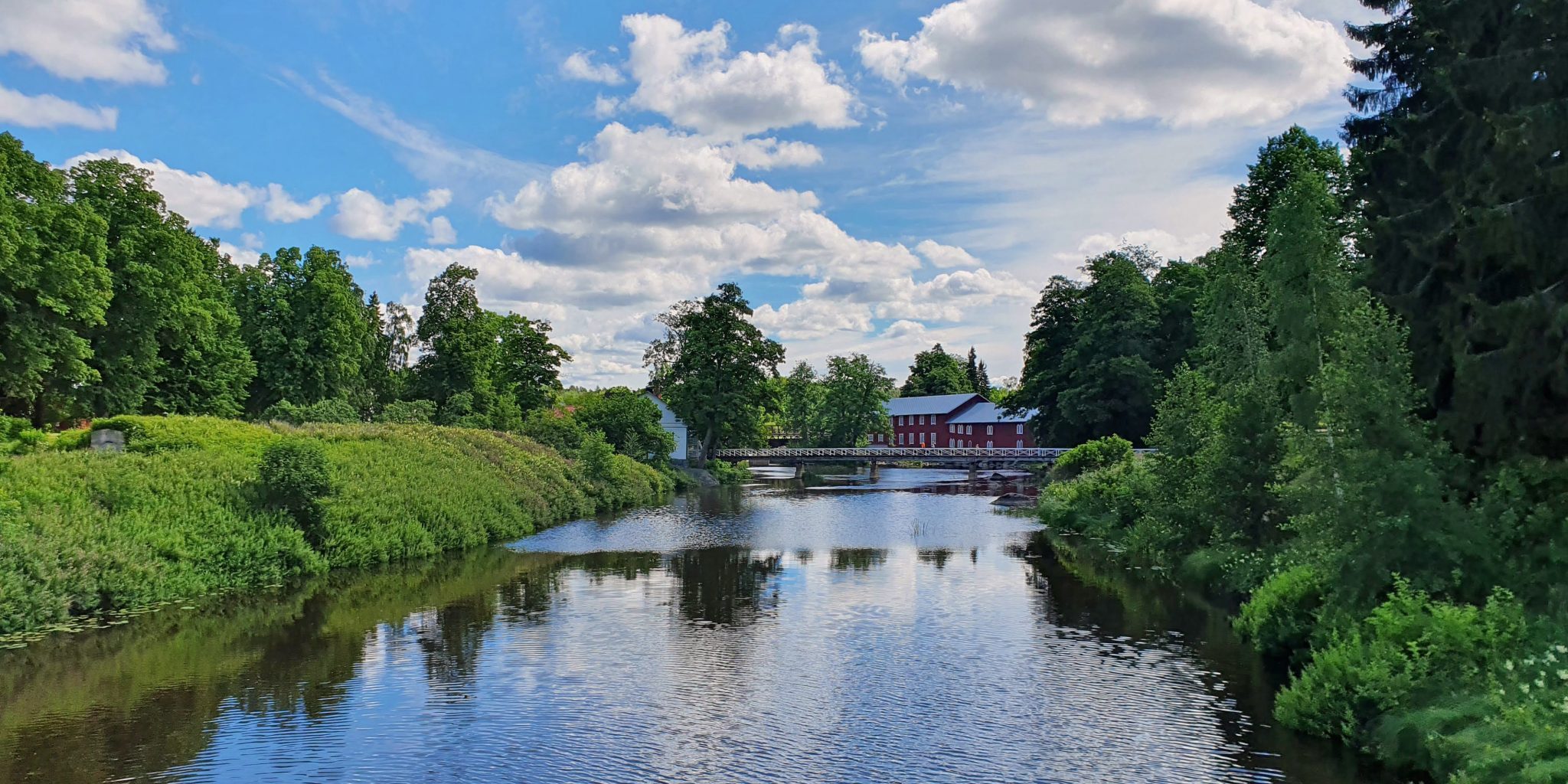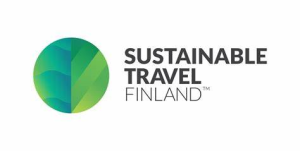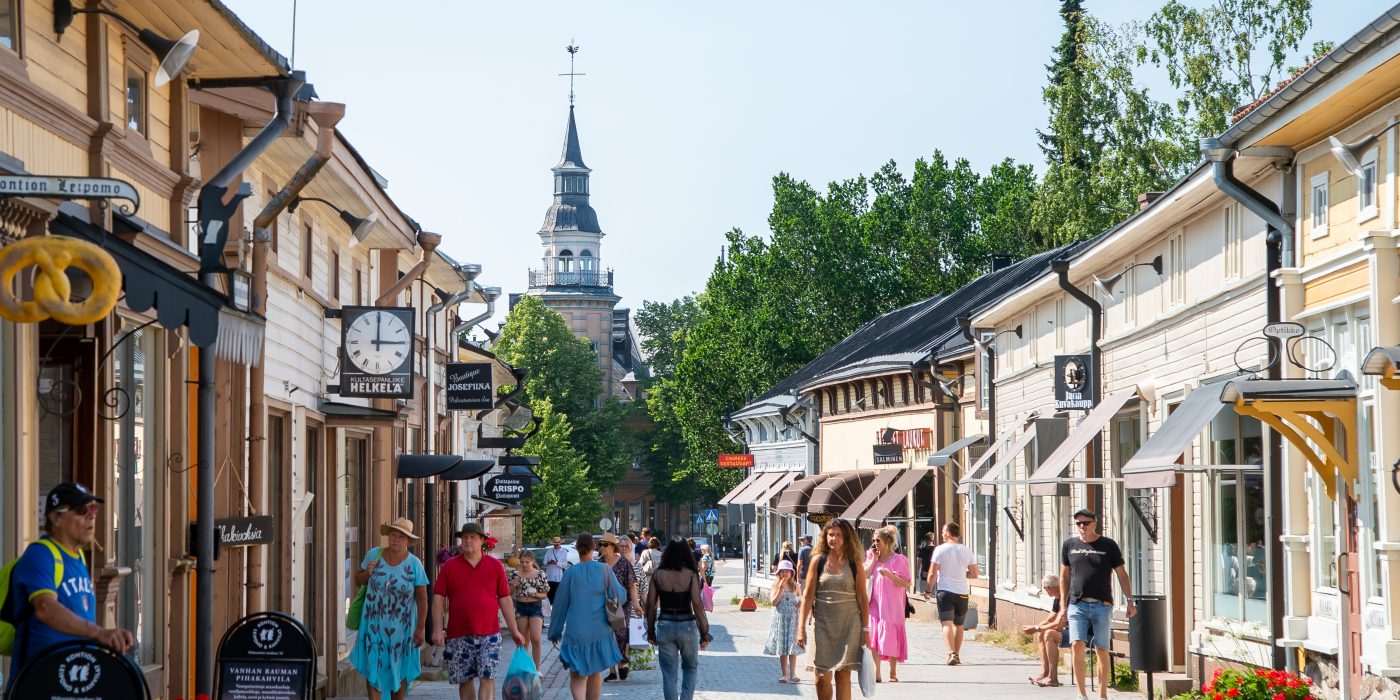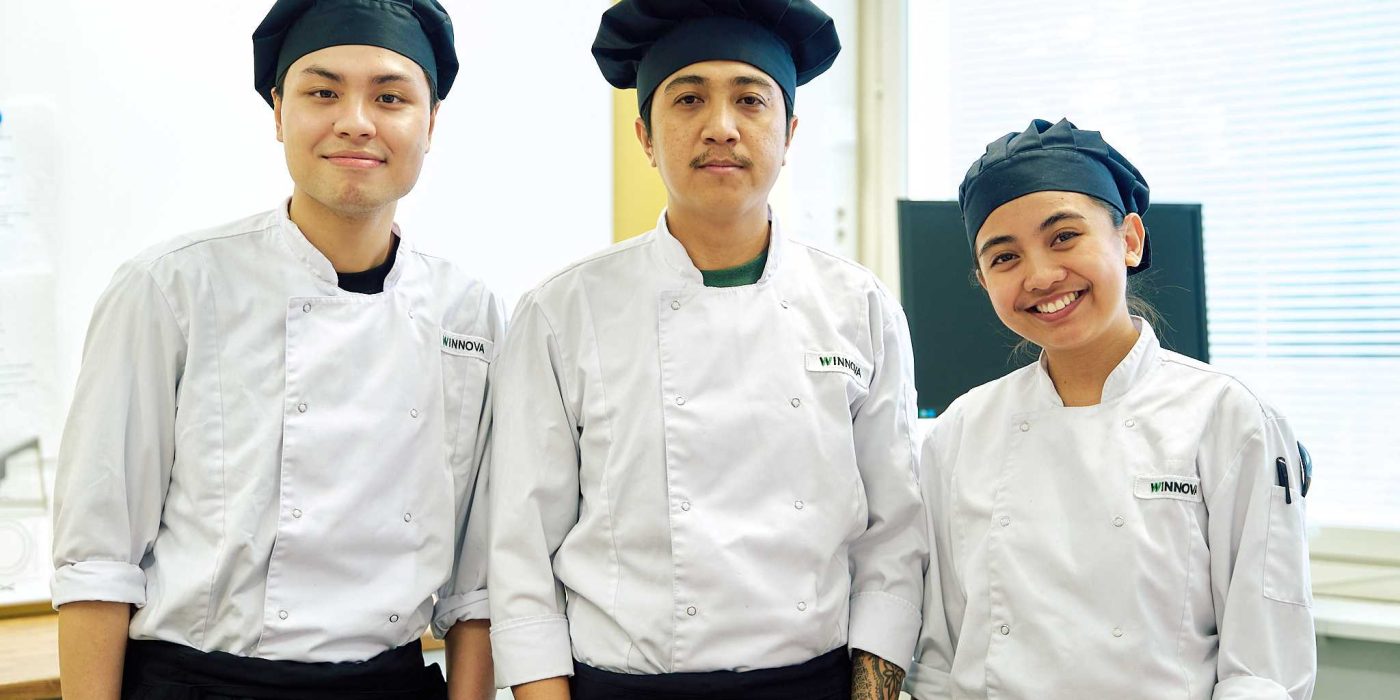We develop: Development of sustainable tourism in the Satakunta region
Nowadays, sustainable development is an important topic in many sectors, especially in tourism. Tourism companies have to meet the changing demands of consumers, and to grow in the future, the activities must be based on the principles of sustainable development.

Studies show that companies operating responsibly have higher customer satisfaction and perceived quality levels. Companies also receive significant cost savings through energy savings. Nowadays, consumers favor companies and services that are operated responsibly.
Responsible tourism is all kinds of tourism where the provision and consumption of services takes place in a more sustainable way. The development of sustainable tourism is focused on ecological, sociocultural and economic responsibility, with the aim of minimising their negative impact.
For tourists, the most important indicators of sustainability in tourism services include water and energy efficiency, waste management, the use of local products and services, local employment, the preservation of cultural heritage and the consideration of the local population. A responsible company makes a positive contribution to preserving natural and cultural heritage, enables services for physically confined people, treats customers equally and promotes respect between tourists and hosts. It also seeks to minimise negative social, economic and environmental impacts. Responsible tourism means by definition "better places for locals to live and better places for people to visit" – in that order.
In Satakunta, responsible tourism has been developed in tourism projects at the Satakunta University of Applied Sciences in cooperation with various actors for several years through various trainings and campaigns. In autumn 2021, the Centre for the Development of Tourism put together a business group project of eight rural tourism companies. In this project companies train themselves as experts in responsible tourism by drawing up auditable sustainability plans and completing the Sustainable Travel Finland programme. The companies involved in the project are: Kristalliranta, Kaljaasi Ihana, Savipakari ja Ravintola Nacksby, Koivuniemen Herran Farmi, Korsuretket, Krookan Plassi, Vuojoen Kartano and experience park Huikee.
Although the tourism and restaurant sector has been particularly affected by the pandemic, companies are investing in their financial and human resources to meet customers' wishes and deliver services in higher quality and in a sustainable way. Through cooperation between consumers and businesses, tourism can be truly sustainable. And if it is properly sized, the benefits of tourism increase the well-being in many areas.
Did you know this about Sustainable Travel Finland programme?
- The free Sustainable Travel Finland (STF) programme provides companies and destinations with a sustainable tourism development toolbox to help them absorb sustainable measures and choices into the everyday life of the region or company.
- Sustainable Travel Finland presents a 7-step sustainable tourism development path. One step is to draw up an environmental programme for the company and to carry out an external audit of the eco-label.
- In January 2022, there is 138 targets that reached the STF mark in Finland. In the Satakunta region, the STF mark has been awarded to Scandic Pori.
Visit Finland's publications have been used as the sources of this article.




